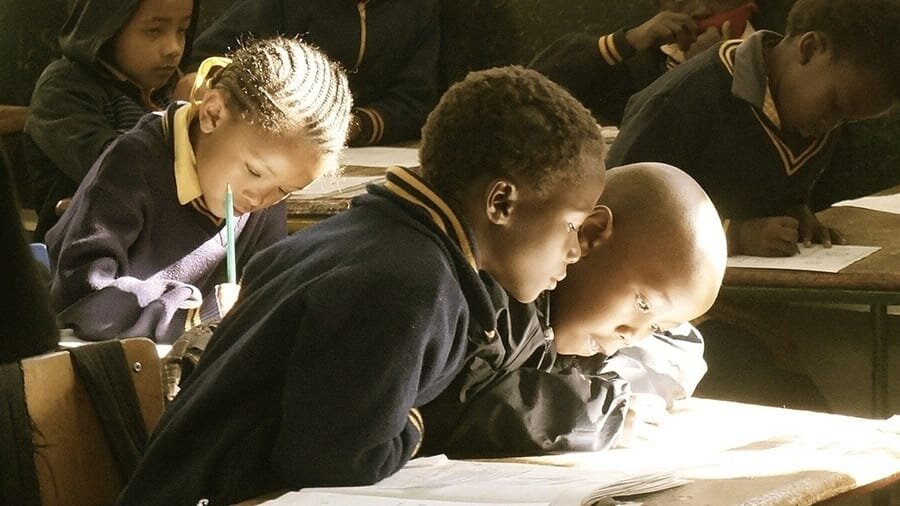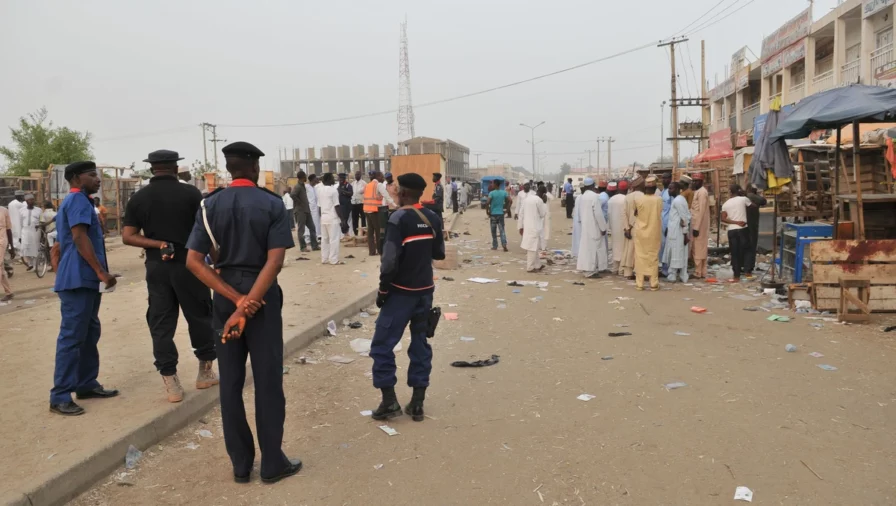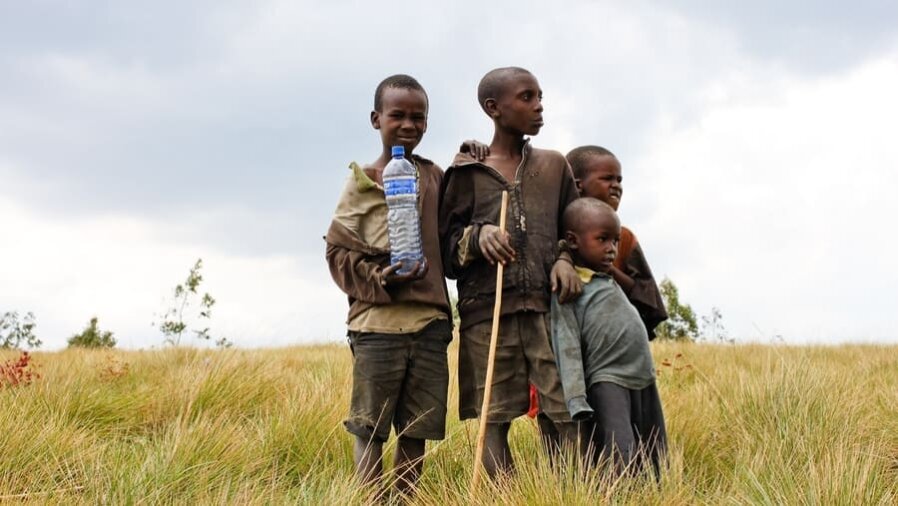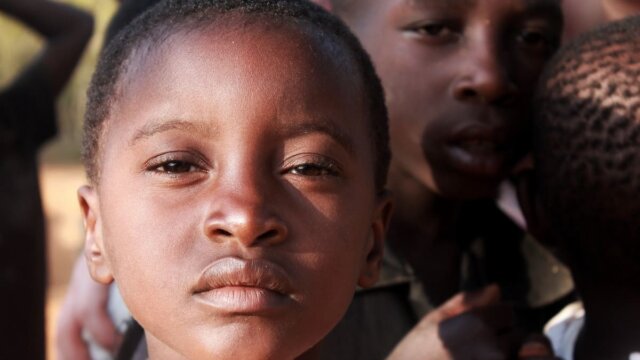Types of Education in Nigeria
6-3-3-4 and 9-3-4 are the system of Education in Nigeria. Over the years, the country has tried several educational systems and policies in order to improve the sector.
In 1998, the 6-3-3-4 system was replaced by the 6-5-4 system. About a decade later, the 9-3-4 system was introduced to replace the 6-3-3-4 system.
The main purpose of the educational policies is to ensure that Nigerian graduates can meet global demands.
Although the system is far from perfect, many Nigerians are excelling in various universities across the world. And the educational system in the country played a vital role.
The Ministry of Education is responsible for implementing new policies that would enhance the quality of education in the country. Whether a child is a public or private school, there are several standards to be met.
The educational system is made up of kindergarten, basic education (primary education and lower secondary education), secondary education, and tertiary education.
Funding, quality, and curriculum have of major influence in the educational sector in Nigeria. There is also informal education, which is rampant in some areas. In this article, we will look in-depth at the two common educational systems in Nigeria.
6-3-3-4 System of Education in Nigeria
The National Policy on Education of 1987 produced the 6-3-3-4 system. When the policy was made, the idea was to transform the educational sector. The system gives attention to ensuring that the graduates were well-grounded. However, the system had both positives and drawbacks.
The 6-3-3-4 System of Education in Nigeria is still very fresh in the minds of students. It means that a child would spend 6 years in primary school, 3 years in junior secondary school, 3 years in senior secondary school, and 4 years in a tertiary institution.
Since not every parent that would be able to send their children to universities, there was also provision for vocational training. Although much is not said about nursery education, it is a part of the 6-3-3-4 system. Also, the 3 years for senior secondary education could also be spent on learning a trade.
Sadly, there are not enough technical schools in the country. While there is a need for technical schools, the government is not doing much to encourage it.
9-3-4 System of Education in Nigeria
After 2 decades of experimenting with the 6-3-3-4 system, the 9-3-4 system of education was introduced in Nigeria. Dr. Obi Ezekwesili pioneered the implementation of this new policy. It also involved the privatisation of some Federal Government colleges.
The 9-3-4 system is very similar to the 6-3-3-4 system. Many educational experts have said it was only a change of name. Also, the 6 years spent in primary school and the 3 years spent in junior secondary school were merged to form the basic education.
Hence, in terms of representation, the “9” in this system is simply the addition of 6 and 3 in the previous system. When you talk to students in secondary schools they do not actually understand the change in education.
Many students would still tell you they are in junior secondary school instead of basic school. That is because of the poor implementation of the system.
The Universal Basic Education Commission (UBEC) have slightly modified the 9-3-4 system to 1-9-3-4 system, in order to take into consideration the elementary and Montessori schools. The importance of early childhood education cannot be overemphasised.
Basic Education in Nigeria
The basic education in Nigeria is made up of primary education and junior secondary education. It is the most important education that a child can attain in Nigeria.
Due to the changes in the system of education, the Universal Primary Education Commission was renamed. The Universal Basic Education Commission, as it is called now, is in charge of the basic education.
The commission works with the Ministry of Education in improving educational standards. It also regulates both private and public schools in the country.
Unlike most public schools with poor infrastructure, the private schools are doing better. Therefore, parents prefer private schools when they have the means. There are also private schools with poor structures that are avoided.
Primary Education in Nigeria
After completing pre-nursery and nursery education, a child is enrolled for primary education in Nigeria. The previous education received lays the groundwork for primary education. For a young child, it is needed to grow into a well-learned individual.
The primary school is where students are taught elementary subjects. Basic mathematics, English, and comprehension, any of Nigeria’s common languages, a subject on religion, social studies, and basic science are taught in primary school.
According to the country’s policy, a child can go to primary school from the age of 4. However, in reality, the majority of the students begin primary education at the age of 6. That is after spending some years in nursery schools.
There are 6 classes in primary school. It begins at primary 1 and ends at primary 6. Well, no one goes to primary 6 these days. It is merely a replication of primary 5. A pupil usually spends a year in each of the classes.
When a student rounds off the school, he is given a certificate to show he attended one. This is a very important document in the civil service.
Secondary Education in Nigeria
Junior Secondary education and Senior Secondary education make up Secondary Education in Nigeria. While junior secondary education is a part of basic education, however, senior secondary education is slightly optional. Students spend a minimum of three years in both.
At the end of basic education, students write a certificate examination. This is after completing the junior secondary school. The Basic Education Certificate Examination is commonly known as the “junior WAEC.” After completion, students have the option to learn a skill or attend the senior secondary school.
Senior Secondary School in Nigeria
The senior secondary is for those that are interested is compounding more knowledge. Those struggling academically or financially find it difficult to complete this stage. Depending on the secondary school, a student can go into pure science, social science, management science, or art.
A child’s academic performance plays a huge role in making a career choice. It is definitely not a decision that is done in a haste. Students find it difficult to switch paths later on.
The career choice determines the core subjects. After selecting those, electives are also taken. The elective subjects are usually unrelated to the field of study. The subjection selection is also a basis for the exams that would be taken in the Senior Secondary Certificate Examination (SSCE).
In the first or second term of the last year in secondary school, a mock exam is taken in the preparation for the certificate exam to follow. The mock exam is made very similar to the SSCE. Hence, the students become familiar with the exam setting.
In order to use the SSCE to get admission into a university or to get a job, a minimum of 5 credits in relevant subjects is required. The credits would be in Mathematics, English, and other subjects that are related to the field of study.
Another relevant exam is the Joint Admission and Matriculation Board (JAMB), which is a required step to get admission into a university. Depending on the university, the minimum score is usually around 180-200. While for Colleges of Education and Polytechnics, the score can be lower.
Students that are not interested in furthering education, can then learn a skill or get a job with the certificate. There are also government colleges in the 6 geopolitical zones in Nigeria.
Tertiary Education in Nigeria
Tertiary education is the last phase of both the 6-3-3-4 and 9-3-4 systems of education. However, there are requirements in order to attend a tertiary school.
The estimated time for tertiary institutions is 4 years. Hence, the minimum. However, we know that some professionals courses require over 5 years of study.
The course of study determines the time (years) that is spent. At the end of the tertiary education, a graduate is expected to participate in the National Youth Service Corps (NYSC). The NYSC is compulsory and a certificate is given after serving the country.
Zerofy Editorial is a team of writers determined to provide evergreen content to millions of readers worldwide.





